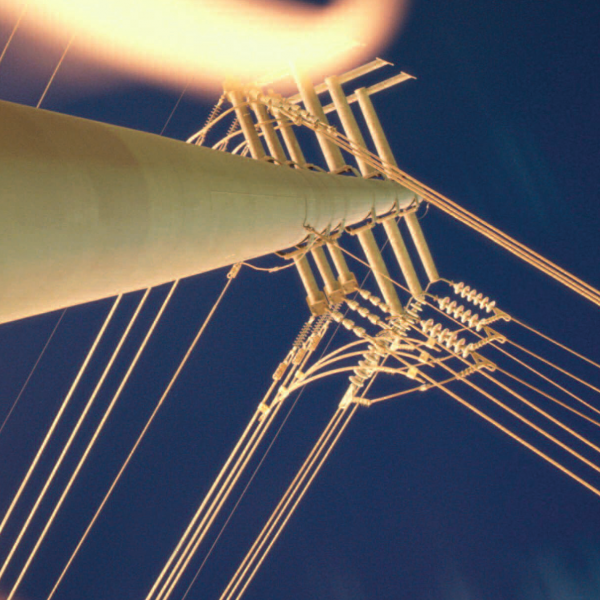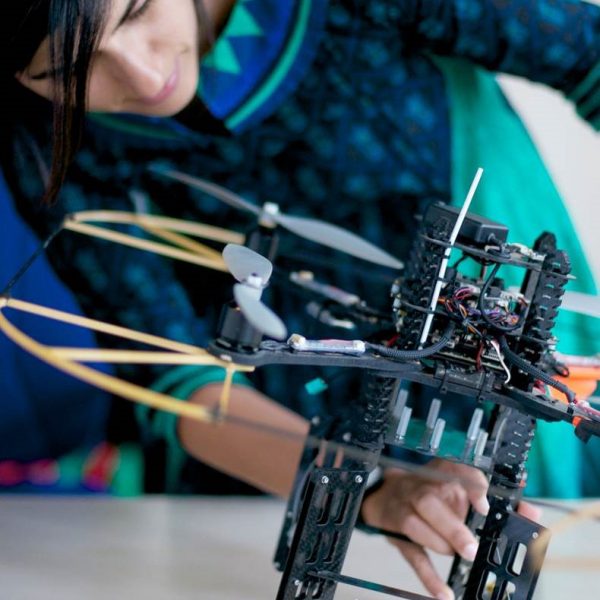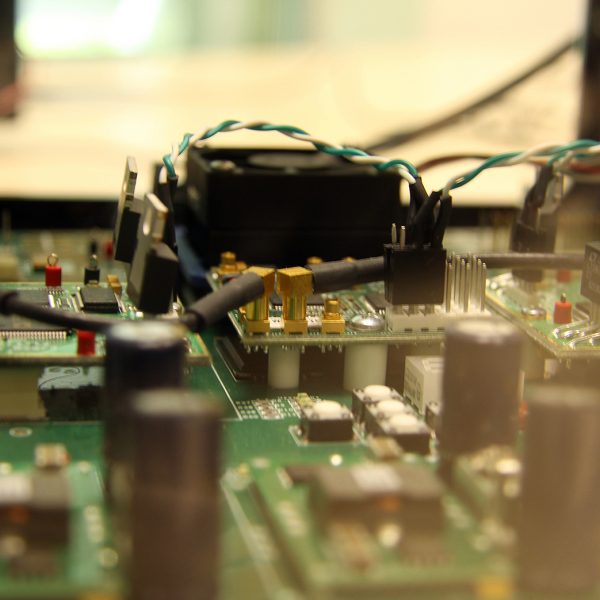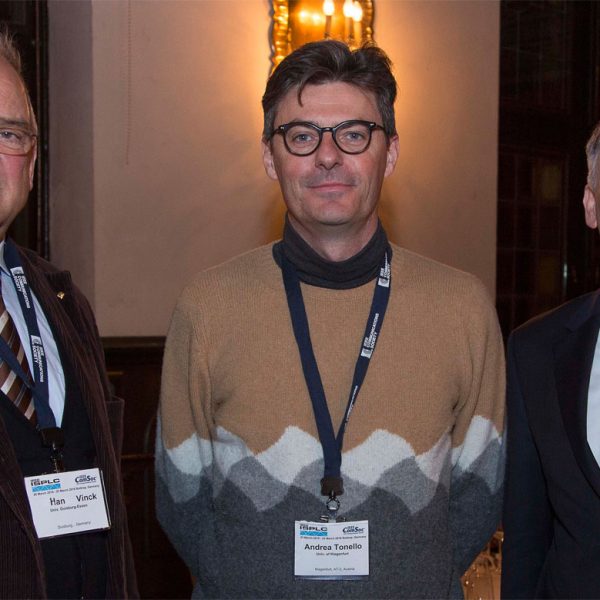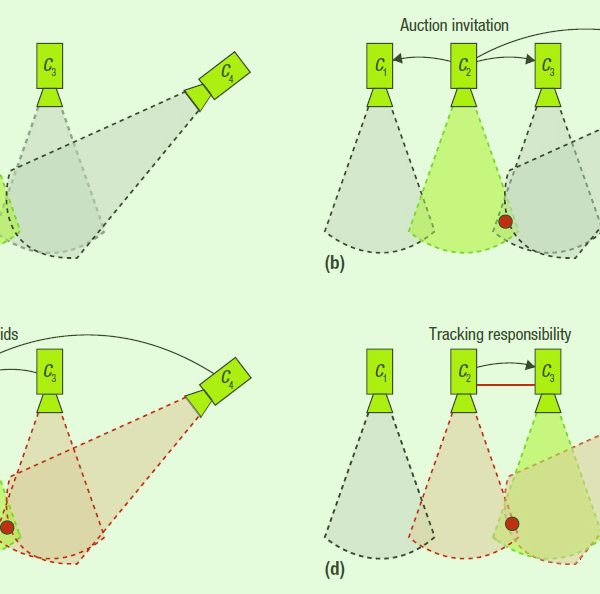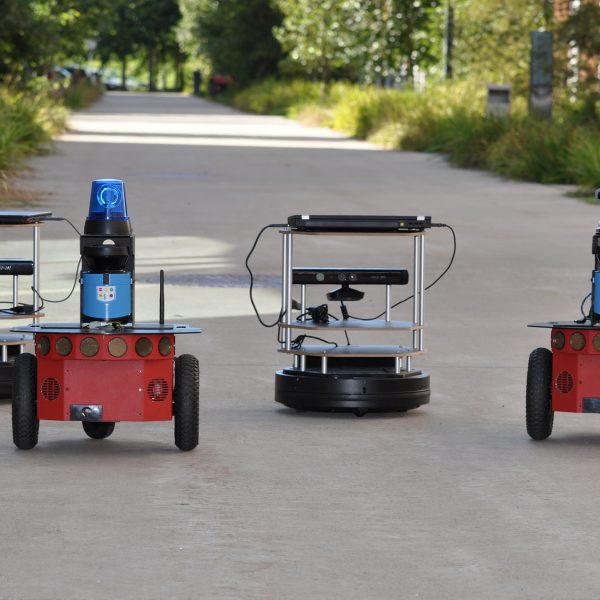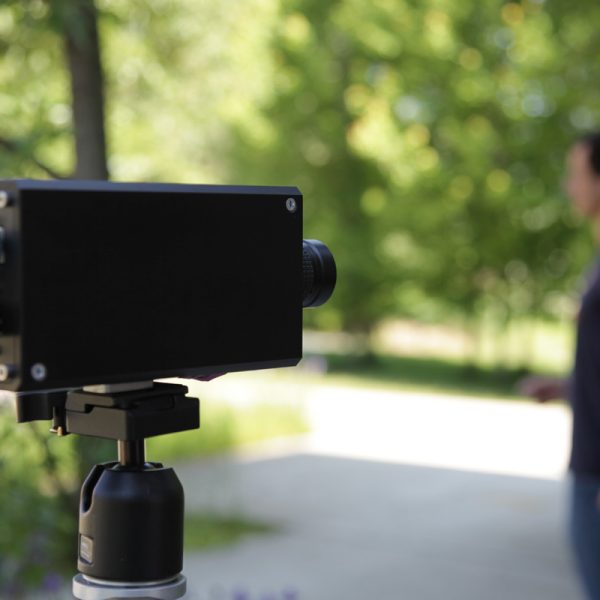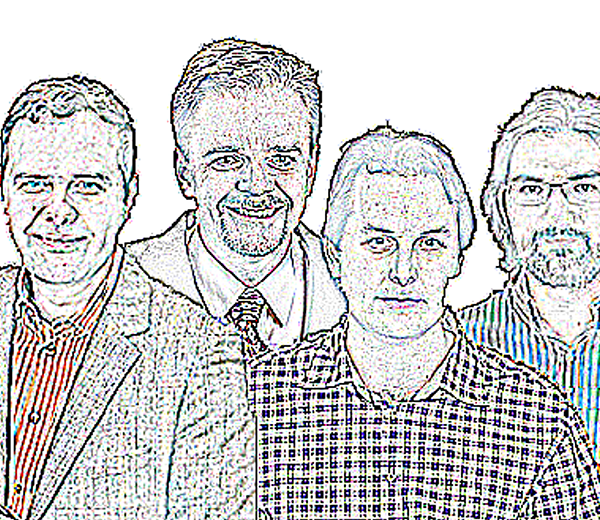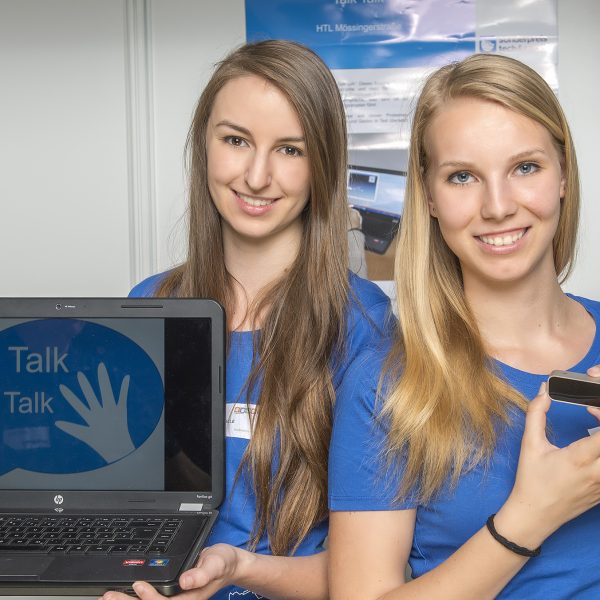The most comprehensive text on power line communications (PLC) is now available. It is a book co-edited by Lutz Lampe, Andrea M. Tonello, and Theo G. Swart. It shows some adjustments from the previous edition in content including new material on PLC for home and industry, PLC for multimedia, PLC […]
News
“I never made plans”
Samira Hayat follows a single plan: She wants to be able to focus on the things she really cares about. The electrical engineer from Pakistan talked to ad astra about the research work that is currently most important to her. Samira Hayat is following her calling: She has been a […]
Synchronization with phase rate correction
There is a broad spectrum of work on pulse-coupled oscillators (PCO) to model synchronization phenomena in biology, physics, and other sciences. A prominent example is swarms of fireflies that synchronize their blinking behavior. The beauty of these synchronization phenomena lies in the fact that system-wide synchrony emerges among the participating […]
Awards for Tonello group
Professor Tonello is now chair of an IEEE committee on power line communications. He and his co-authors received two paper awards at the IEEE International Symposium on Power Line Communications.
Self-aware camera networks
Camera networks are now ubiquitous and have applications in security, disaster response, environmental monitoring, and smart environments, among others. Recent technological advances have led to next-generation: real-time, distributed, embedded systems that perform computer vision tasks using multiple cameras. Bernhard Rinner’s research team and partners have proposed a computational framework that […]
Achieving consensus in networks with disturbances
The problem of finding a consensus in a group of people occurs in many social contexts. In a similar way, distributed algorithms for consensus play an important role in networked computing and communication systems if centralized decision making is difficult or impossible. Each entity in such a system processes only […]
Coordinated multi-robot exploration
How can multiple mobile robots may be utilized to explore unknown buildings? Torsten Andre and a team of students developed and implemented software packages for the robot operating system for this purpose.
European project EPiCS successfully completed
The European project “Engineering Proprioception in Computing Systems (EPiCS)” has been successfully completed with the final review meeting in Brussels. leading experts have investigated the design of novel computing systems by means of self-awareness and self-expression — concepts originally developed in psychology.
Interference functionals in wireless networks
Wireless networks are often modeled using tools from stochastic geometry. A team of researchers from Klagenfurt, Athens, and Notre Dame now contributed to these tools by solving general sum-product functionals for Poisson point processes. Link outage probabilities are derived for networks with interference and Nakagami fading.
Awards for summer interns
Two projects completed during summer internships at our institute received various awards: The students Günther Cwioro and Peter Kohout developed methods for communication between mobile robots and the exchange of maps. They won the largest nationwide school competition Jugend Innovativ in the category Electrical Engineering. The project “Talk Talk” on […]

